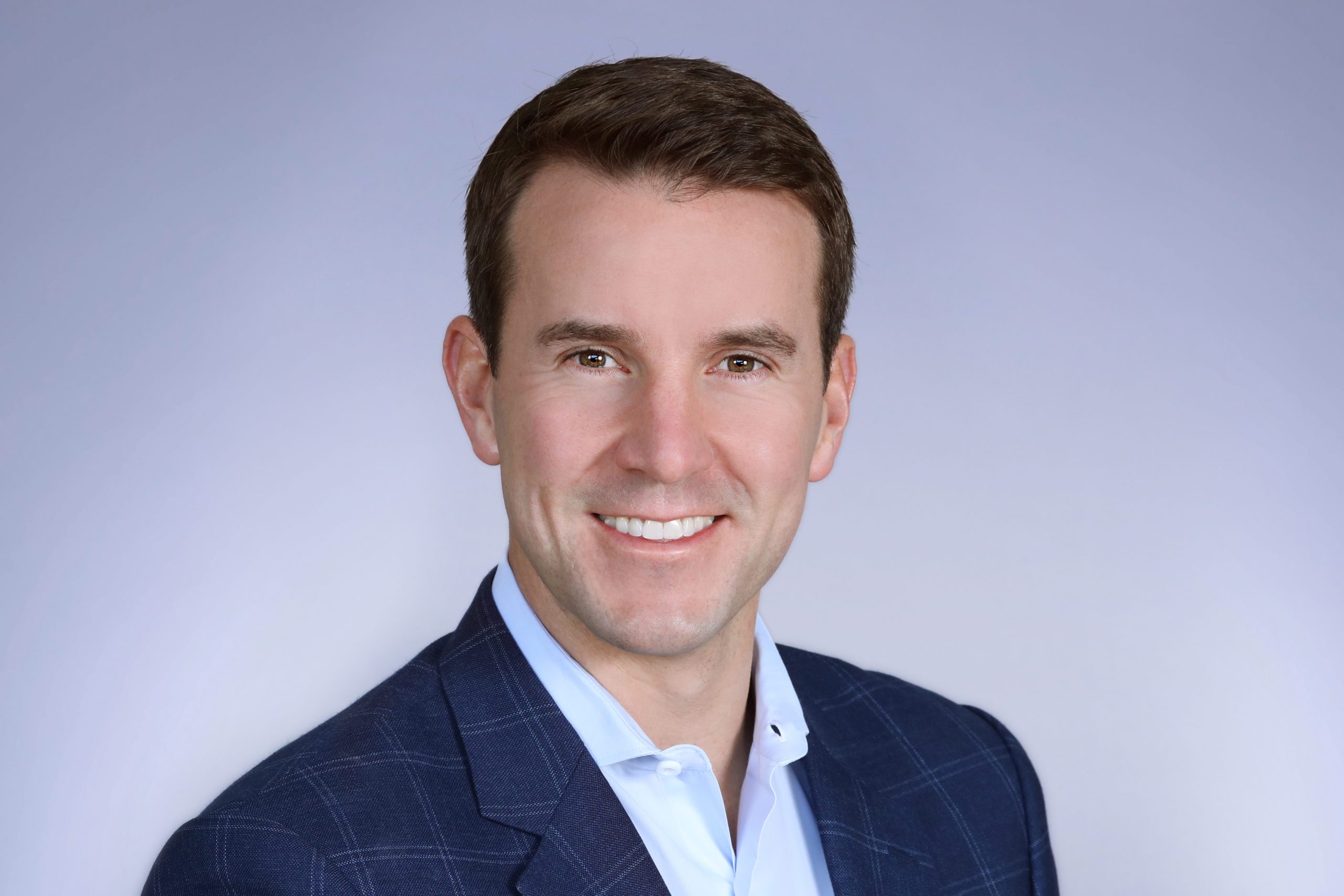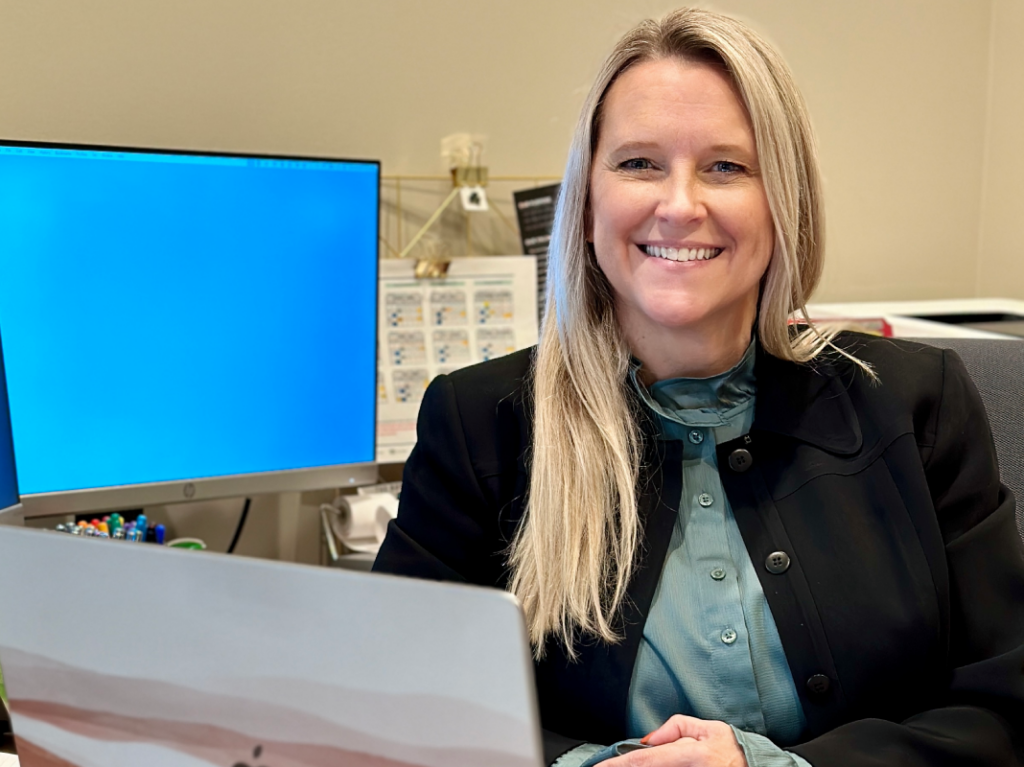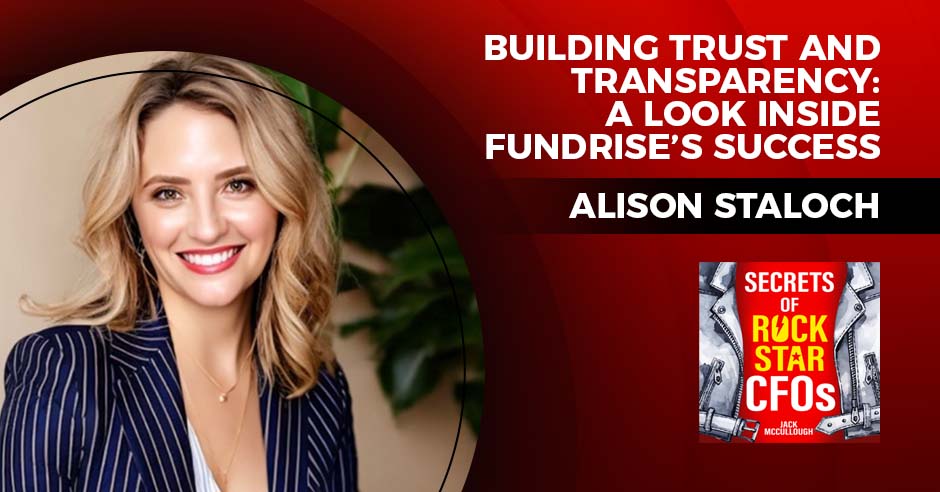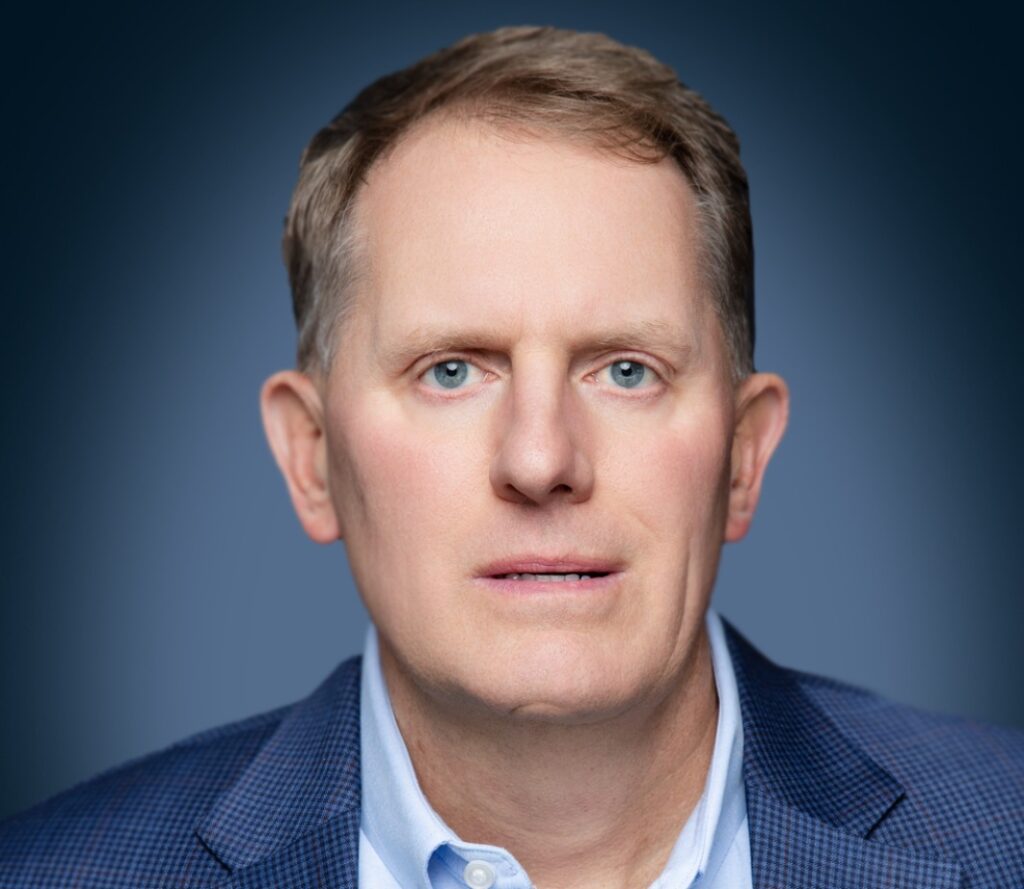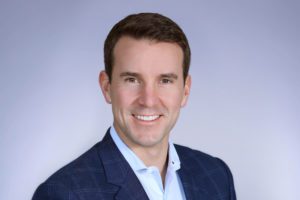
How do you successfully shift from investor to finance professional? Marten Abrahamsen has some insights.
Abrahamsen is CFO for Fundbox, a financial services platform company based in San Francisco that offers credit and payment solutions to small businesses. But before joining Fundbox, Abrahamsen was a growth equity investor and senior member of the investment team at The Chernin Group. He was a senior investor at Coatue Management’s Growth Fund, worked as a private equity technology investor with Vector Capital and started his career as an investment banker at Goldman Sachs.
Abrahamsen spoke with StrategicCFO360 about shifting to corporate finance, the best career advice he ever got and why it’s important to take personal risks.
What’s the biggest difference in your role as a CFO, coming from the investor side?
As an investor, you excel at thinking through an investment thesis and drilling down into the key variables that need to go right for the investment to be successful. As a CFO, I try to help the company successfully execute on those deciding variables—those factors that I think will make Fundbox a very successful company—while not getting too bogged down in the tactical parts of the job.
How does a CFO approach planning during uncertain times?
I like to refer to the adage “planning is everything, the plan is nothing,” which sums up our experience in 2020. We had set a monthly budget for the year, which was effectively worthless when Covid hit and there were big changes to all parts of the business.
Similarly, with limited visibility on how long the lockdown would last—remember when we expected to be back in the office after two weeks?—we took advantage of our good planning process and continued to re-evaluate based on new information. The inverse has also applied as we started 2021 with a conservative plan that we’ve adjusted upward throughout the year to increase our goals. A good planning process, plus fast and accurate data at our fingertips, makes this possible.
What book has most influenced how you approach your job?
There’s a book called “The Inner Game of Tennis” which, as an avid and competitive tennis player, I’ve read multiple times in my life. It essentially teaches you to not judge or be too hard on yourself by thinking about the small mistakes you made, but to trust yourself, look forward and focus on what you can control.
This is a framework I often find myself using as a CFO. There are a lot of things that impact the company and the organization that I have no control over, Covid being an obvious example. So instead of focusing on infection rates, I focus on what I can control, which is our readiness to handle different outcomes.
What’s the best piece of career advice you’ve received? How do you apply this in your work as a CFO?
This is perhaps obvious, but it’s critical to hire the absolute best people you can find. In my nearly two years as Fundbox’s CFO I have reorganized my team and hired new leaders for all four functions I oversee—accounting, finance, capital markets and investor relations. These functions now have world-class leaders who are managing strong teams. This has not only freed up more of my time to help with the big “junction decisions” for the company, but the finance organization is now functioning at a public company level, with systems, processes and controls.
Who were some of your mentors and what was their impact on you?
I’ve been fortunate to have had many people give me advice over the years, but I would mention Kevin Compton, founder of Radar Partners, as someone who’s had a strong influence. Kevin was also the person who encouraged me to take the leap and shift from investing to operating and become a CFO. When I approached him about becoming a CFO, he told me that he had never seen me this enthusiastic about a company or career opportunity and that I would regret not going on this journey. The regret of not doing something is often much stronger than trying something that didn’t work out.


